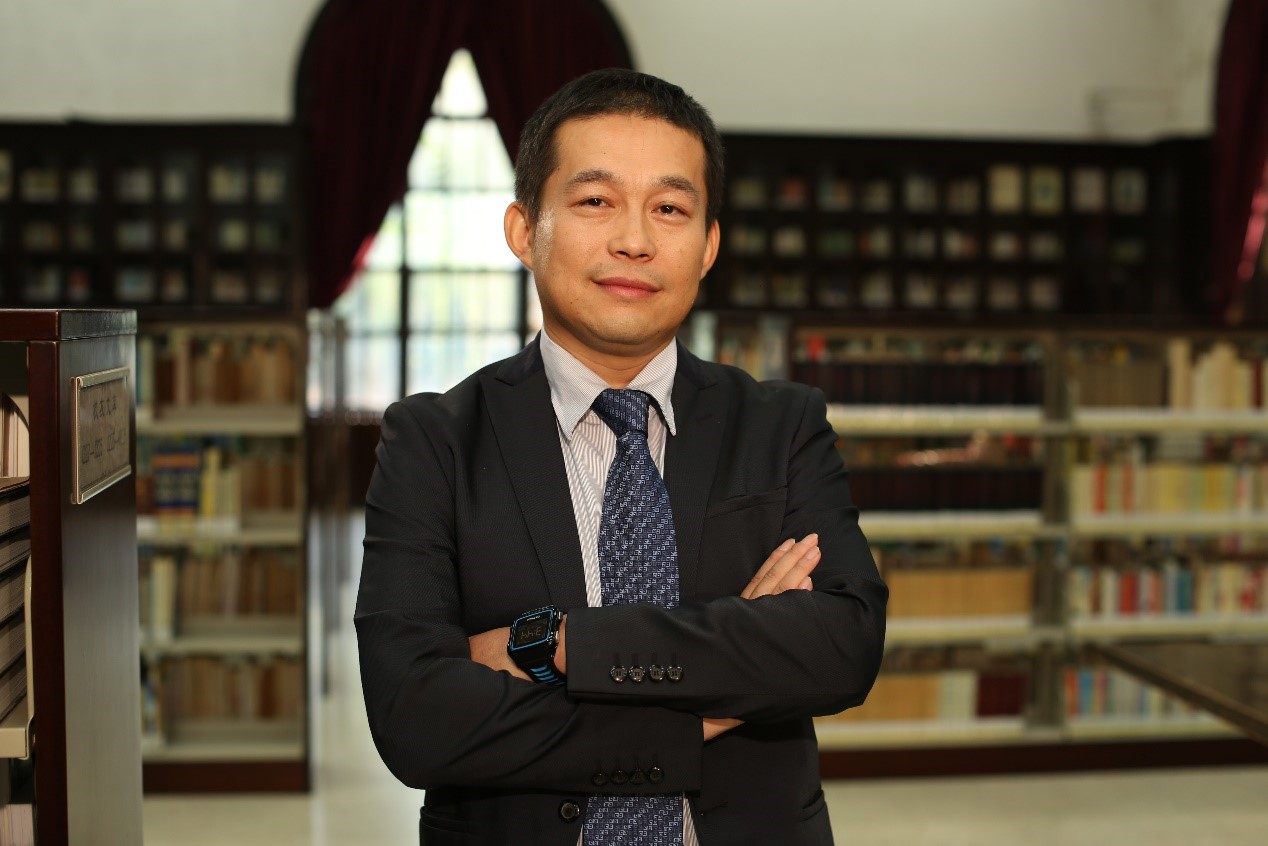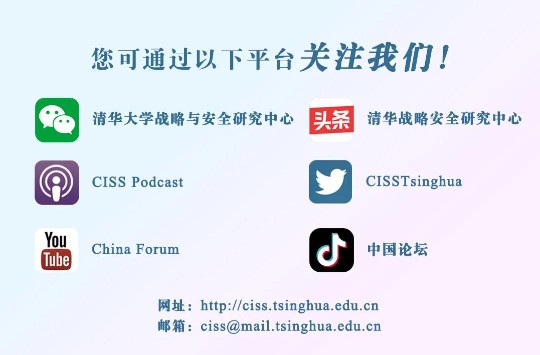On February 25 and 26, 2021, the Ditchley Foundation held a webinar themed “Climate judo: how can the impact of the pandemic and the ensuing economic crisis be turned into effective action on climate change?” which spotlighted four issues: finding the political will and popular energy to take climate steps; finding the money to mitigate climate change; learning the lessons from the pandemic on technology and innovation; and advancing China-US climate cooperation.

Teng Fei, Deputy Director of the Institute of Energy, Environment and Economy at Tsinghua University, attended the meeting at the referral of the China Forum. Teng presented on China’s climate actions: its aim for carbon neutrality by 2060 and stronger Nationally Determined Contributions, including tougher policies to peak CO2 emissions ahead of schedule, larger share of non-fossil fuels, and more investment in renewable energy. By incorporating them into its 14th Five-Year Plan, China is translating its climate goals into tangible actions.
As countries’ current climate policies will only reach a 5% reduction in greenhouse gas emissions by 2030—far below the Paris Agreement’s 17% target—Teng urged more nations to set legally-binding net-zero targets, called on developed countries to deliver on their pledge of $100 billion in annual climate finance by 2020, and called for more innovation investment and cooperation.
Teng stressed the role of the developing world in climate cooperation and explained how China is raising public awareness on climate change. Highlighting the need for leadership and coordination at national level regarding financial flows and innovation investment, panelists expected COP26 to be a turning point where states agree and deliver on their climate obligations. Finally, China-US climate cooperation, deemed crucial for global efforts, could be helpful for easing their tensions on other fronts.

